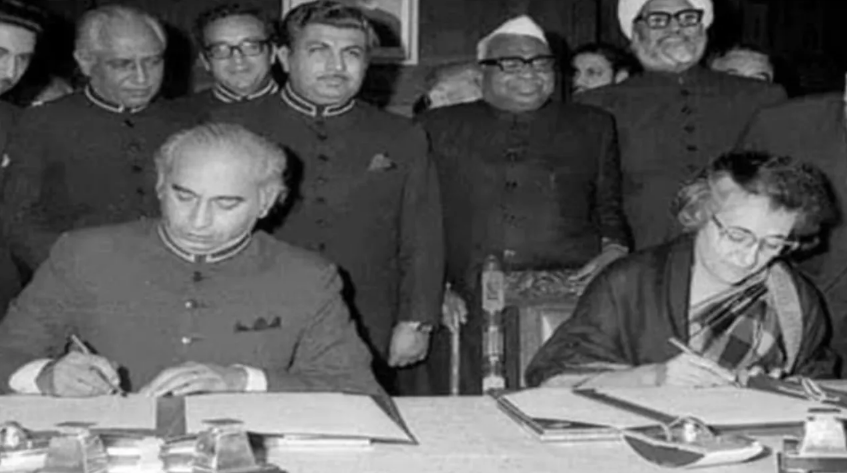The recent terror attack in Kashmir has sparked outrage across India, with the country taking a firm stance against Pakistan. In response to the devastating attack, India has announced five key decisions aimed at creating greater diplomatic and military pressure on Pakistan. These moves come as India isolates Pakistan diplomatically, while Pakistan has been forced to follow suit with its own retaliatory measures, including the revocation of the historic Shimla Agreement.
The Shimla Agreement: A Historical Framework
The Shimla Agreement was signed on July 2, 1972, between India and Pakistan, following the 1971 India-Pakistan war. The accord aimed to restore peace and resolve disputes through bilateral talks, without the involvement of any third-party intervention. Signed by Indian Prime Minister Indira Gandhi and Pakistan President Zulfikar Ali Bhutto, the agreement emphasized peaceful negotiations and mutual respect for the Line of Control (LoC), which was established after the war. The agreement also called for both nations to withdraw their military forces from areas occupied during the conflict.
Revocation of Shimla Agreement: Consequences for Peace and Stability
With the revocation of the Shimla Agreement, the stability of the LoC now faces significant uncertainty. For decades, the strict adherence to the agreement ensured relative peace between the two nations. However, with the agreement now in question, there is concern that both nations could violate the LoC, leading to military confrontations. Experts warn that this move could lead to the escalation of tensions, potentially pushing India and Pakistan toward full-scale war.
Pakistan’s decision to revoke the Shimla Agreement is seen by many as an invitation to conflict, and it could further complicate the ongoing issues surrounding Kashmir. Furthermore, Pakistan may now seek international mediation, but such a request can only be effective if India agrees to third-party involvement. India’s stance remains clear: it will not accept international mediation on bilateral matters unless mutually agreed upon.
India’s Strategic Caution
While Pakistan may continue to provoke conflict, India must remain vigilant and cautious. The revocation of the Shimla Agreement is a critical moment, and the possibility of war or further border incursions remains a serious concern. Both countries must navigate this volatile situation with care to avoid further escalation.






